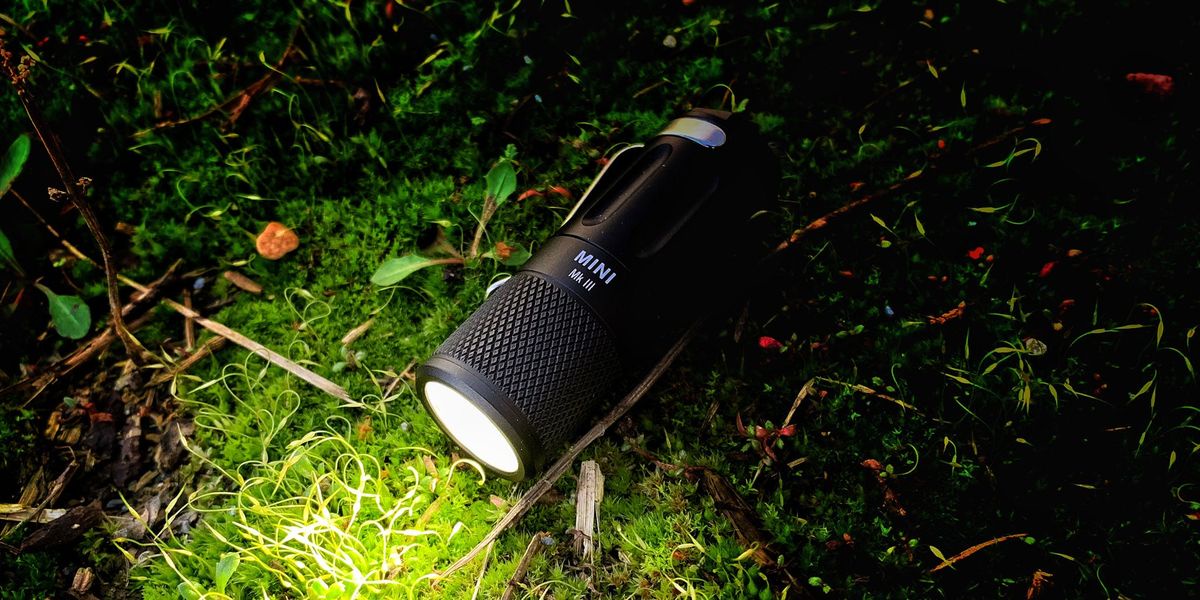Flashlights have become an essential tool for many people, for both professional and personal use. One of the choices that must be made when buying a flashlight is whether you prefer a flashlight that uses non-rechargeable batteries or a flashlight that uses rechargeable batteries. In this text we will explore why rechargeable flashlights may be considered better than those that use non-rechargeable cells, analyzing the advantages and disadvantages of both options.
Advantages of rechargeable flashlights
Cheap
Rechargeable flashlights are generally less expensive in the long run than those that use non-rechargeable cells. While non-rechargeable batteries need to be replaced when depleted, rechargeable batteries can be used many times before needing to be replaced. This means that in the long run you save money and produce less waste, which contributes to the protection of the environment.
They respect the environment
Using rechargeable batteries can reduce the amount of waste that ends up in landfills. When non-rechargeable batteries run out, they are often simply thrown away, increasing the amount of waste that ends up in landfills. Rechargeable batteries, on the other hand, can be used many times before needing to be replaced, reducing the overall amount of waste produced.
Greater energy efficiency
Rechargeable flashlights tend to be more energy efficient than those that use non-rechargeable batteries. This means that rechargeable flashlights have a longer battery life than flashlights that use non-rechargeable batteries, which is especially helpful when using the flashlight for extended periods of time.
More power
Rechargeable flashlights tend to have higher output than flashlights that use non-rechargeable batteries. This means that rechargeable flashlights can provide greater brightness and greater range than flashlights that use non-rechargeable batteries.
Comfort
Rechargeable flashlights are generally more convenient to use than flashlights that use non-rechargeable batteries. Rechargeable flashlights can be recharged using a charger, while flashlights that use non-rechargeable batteries require the batteries to be replaced.
No-Rechargeable cell flashlights
Non-rechargeable cell flashlights are among the most popular and affordable on the market. These flashlights typically use alkaline or lithium batteries, which can be easily replaced once they run out. Non-rechargeable cell torches are usually cheaper than rechargeable battery torches and offer a constant, long-lasting brightness. They are also less prone to overheating and loss of charge than rechargeable battery flashlights.
However, non-rechargeable cell flashlights have some disadvantages. First of all, the long-term cost: alkaline or lithium batteries, in fact, must be replaced regularly, which can lead to a high cost over time. Furthermore, these torches are not environmentally friendly, as the jet batteries must be disposed of properly once they are depleted.
Rechargeable Flashlights
Rechargeable flashlights, on the other hand, use rechargeable batteries, often lithium, which can be recharged via a power outlet or USB port. These flashlights are usually more expensive than non-rechargeable battery flashlights, but they offer several advantages. First, rechargeable flashlights are much more environmentally friendly than non-rechargeable cell flashlights, as the batteries can be recharged and reused many times. Also, many rechargeable flashlights come with quick-charge features, which means you can fully recharge your flashlight in just a few hours. Finally, rechargeable flashlights often have a longer life than non-rechargeable cell flashlights. However, rechargeable flashlights also have some disadvantages. First, battery life can be an issue: if the flashlight is used intensively, it may need to be recharged frequently. Also, the lithium batteries used in rechargeable flashlights can become hot and pose a risk of fire or explosion if not handled properly. In summary, rechargeable flashlights offer several advantages over flashlights with disposable batteries, such as greater convenience and reduced environmental impact. However, their initial cost can be higher and they may require more care and attention to maintain the battery. The choice between the two options depends on individual needs and the type of use intended for the flashlight. There are some situations where it might be better to buy a non-rechargeable flashlight than a rechargeable one. Here are a few: Occasional use: If your flashlight is only used occasionally or in emergency situations, you may not need to invest in an expensive rechargeable flashlight. In this case, it may be more convenient to opt for a disposable flashlight, perhaps buying a package at affordable prices. Low cost: If your flashlight budget is limited, a disposable flashlight may be your best bet. This type of flashlight is generally less expensive than a rechargeable flashlight and doesn't require the purchase of a separate charger. Immediate replacement: If the flashlight is used in situations where it is important to have an immediately available light source, such as in a search and rescue operation, it may be necessary to have a disposable flashlight ready to use. In this case, immediate flashlight replacement may be easier and faster with a disposable flashlight. Extreme conditions: If your flashlight is used in extreme conditions, such as very cold or hot environments, it may be more cost-effective to opt for a disposable flashlight. Disposable batteries are generally more resistant to extreme temperatures than rechargeable batteries, which may malfunction under these conditions. In general, choosing between a rechargeable and a non-rechargeable flashlight depends on individual needs and the circumstances in which the flashlight will be used. However, if you plan to use your flashlight on a frequent basis or in situations where a reliable light source is important, it may be worth investing in a quality rechargeable flashlight.


No comments yet